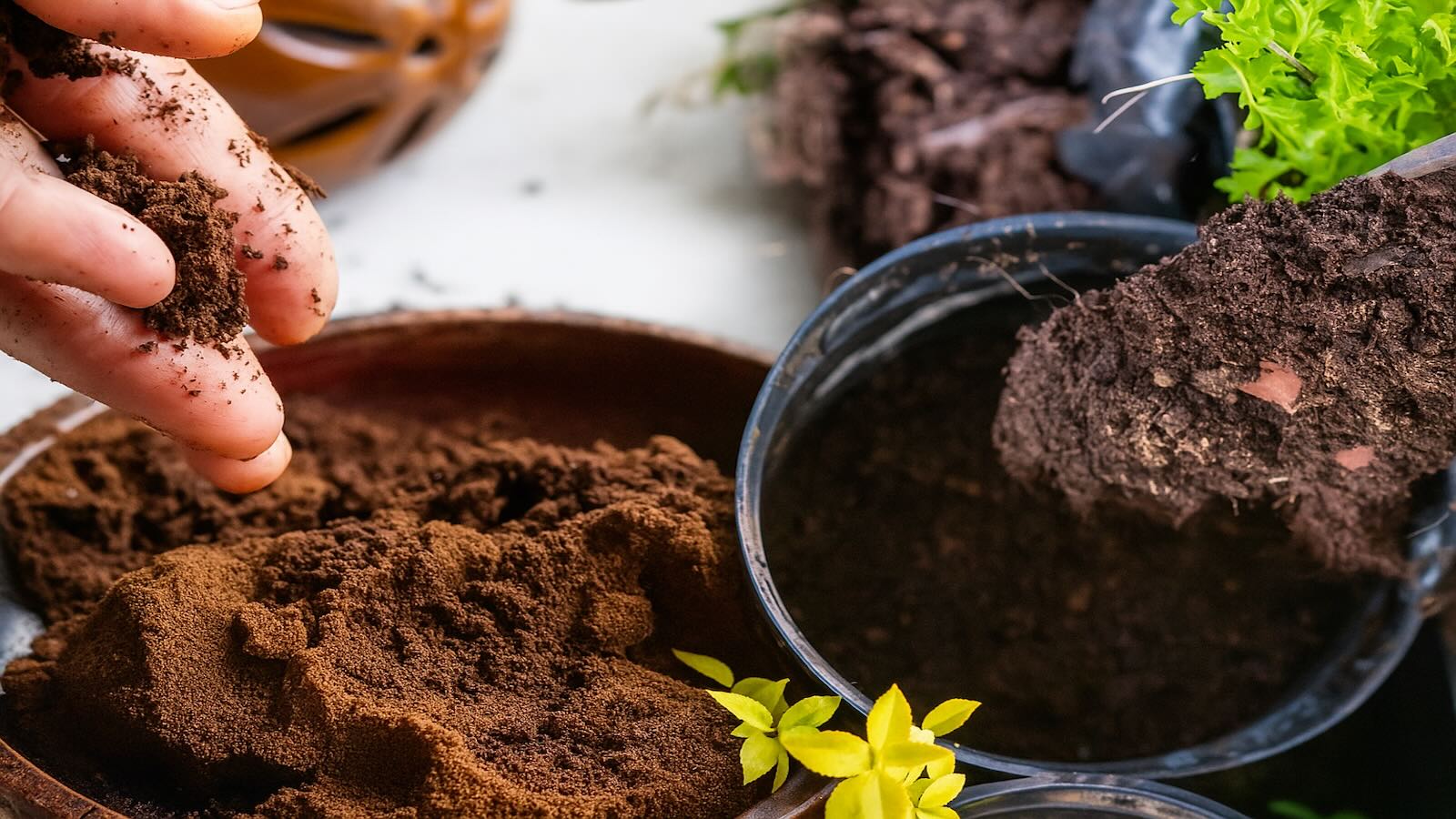Think coffee grounds are just kitchen waste? Think again. This everyday residue is a secret weapon for your garden. It boosts plant growth, repels pests, and nourishes the soil. But here’s the catch, not every plant loves it. Some thrive on it, others can’t stand it. Ready to stop wasting this free resource? Let’s dig in.
Coffee Grounds: A Secret Ally for Garden Favorites
Roses? They love it. Sprinkle a bit at the base, and their blooms will explode with color and strength — fewer diseases, more vitality. Hydrangeas benefit too: the slight acidity of coffee grounds enhances their vivid blue hues, especially in chalky soil. Tomatoes? Proceed with caution. Just a spoonful boosts growth and keeps slugs and aphids away — but too much, and it backfires.
Strawberries adore it — their fruit turns sweeter and more flavorful. Even houseplants perk up: feed a Ficus or Monstera once a month with coffee grounds, and they’ll grow like crazy. Jackpot!
These Fruits and Veggies Can’t Get Enough
Beans, eggplants, lettuces — the list goes on! Camellias burst into bloom with this natural fertilizer. Blueberries thrive thanks to the added acidity. Broccoli grows bushier, zucchini plumper. Chicory loves it too.
Some surprises? Potatoes — their tubers grow larger with zero effort. Cucumbers also benefit (shh… it’s a gardener’s secret). Picky peonies flourish more fully, and rhododendrons? Obsessed.
Coffee Grounds vs. Pests: Nature’s Defense
Ants, slugs, cats… they hate the smell. Sprinkle grounds around sensitive plants and watch pests flee. Aphids? Gone in no time. It works better than many chemical repellents.
Pro tip: mix with citrus peels for a powerhouse natural deterrent. But go easy — too much can harm your plants. A thin layer is enough. Overdo it, and you risk doing more harm than good.
Pitfalls to Avoid (Especially for Beginners)
Never use fresh grounds! Dry them for 24 hours to prevent mold. Forget that, and your plants might suffocate. Also, watch the acidity: if your soil lacks lime, coffee can make it too harsh. Always test your soil first.
Proper dose: 1–2 teaspoons per plant, max four times a year. Rotate with other organic fertilizers to keep your soil balanced.
Pro Tips for Smarter Use
Add grounds to your compost to speed up decomposition. The result? A rich, fertile soil in no time. Coffee grounds attract earthworms — nature’s best tillers. Their presence means healthy soil.
In pots? Mix a pinch into the soil during repotting. It works wonders. And don’t waste anything — even used paper filters can be composted. Zero waste gardening made simple.
Your Coffee Grounds Deserve Better Than the Trash
Ready to change your routine? That black residue is garden gold. By recycling it, you’ll nurture your plants, help the planet, and save money. What more could you want? Just remember: each plant has its own taste — use wisely.
